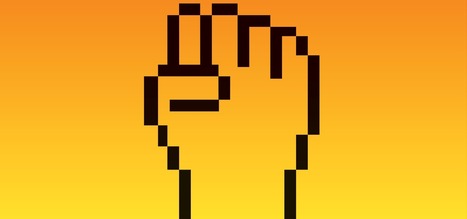The old political-economic thinking of Karl Polanyi was never properly absorbed into "mainstream" North Atlantic economics: recognizing that land, labor, and finance are not really "commodities" returns institutions and social processes to the center of economic analysis.
To challenge social naturalism, Polanyi argues that labor, land, and money—three of the most important inputs into the production process—are fictitious commodities. Actual commodities are things that are produced for sale on the market. But labor is the work effort of human beings, land is nature that has been carved up into parcels and the supply of money and credit has been for many decades determined by central banks. However, to sustain the social naturalist view of the economy as a self-regulating organism, economists have had to ignore reality and pretend that fictitious commodities are actual commodities.
As Krugman's column suggests, recognizing that these key inputs are not commodities returns institutions and social processes to the center of economic analysis. This focus makes it easier to see the problems in many of the free market claims that derive their power from a naturalistic and unrealistic model of how markets are supposed to work. But just as importantly, this gestalt shift opens up space for new policy ideas because it turns out that progressive reforms do not—like increases in the minimum wage—inevitably produce perverse consequences. There are free lunches out there; we just have to find them.
Via Jocelyn Stoller



 Your new post is loading...
Your new post is loading...








